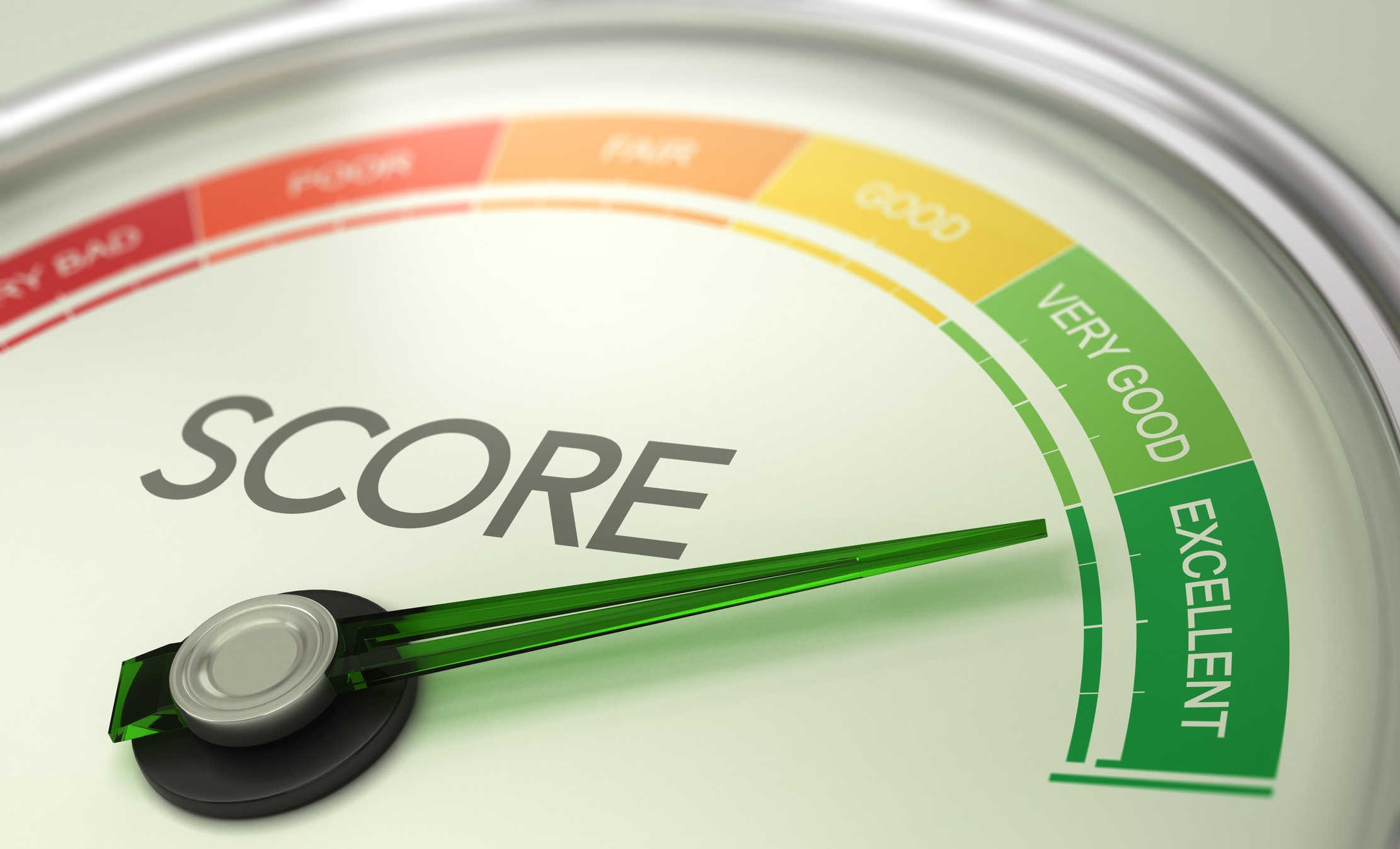How to improve your credit score? This might be a question you might’ve asked yourself several times. One of the most crucial indicators of your financial health is your credit score. When you apply for a loan, your credit score provides lenders with a quick snapshot of your credit usage behavior. If you have a great credit score, your chances of getting authorized for new loans will also be higher. Additionally, a higher credit score can give you access to the lowest interest rates when you borrow money. Of course, improving your credit score requires some work and, of course, time.
So, if you are worried that you might have a low credit score, but wish to improve them, here are some suggestions on how to raise your credit score.
-
Pay your credit card bills on time
A long history of on-time payments will help you attain good credit ratings because your payment history is one of the most crucial aspects in determining your credit scores. To do this, you must ensure that you don’t miss any loan or credit card payments for more than 29 days. Payments that are at least 30 days late may be reported to the credit bureaus, which could negatively affect your credit scores. The earlier you pay the bills, the better. This can be done by creating due-date alerts that can notify you when a bill is approaching, by setting up some automated bank account withdrawals for bill payments, or by establishing a method for filing monthly bills, in writing or digitally. Doing this could help you track all your upcoming bill payments, thus avoiding any payment misses.
-
Check the credit report
Keeping an eye on your credit report helps you understand your track history. Having an overview of this could show you what is contributing to your lower credit score. Sometimes, a small error in your credit report can negatively affect your credit score. Identifying them and reporting them could help improve your score again. Misreported payments and duplicate or fraudulent accounts are a few common mistakes to watch out for. Requesting and reading your free credit reports, disputing inaccuracies, and keeping track of the response might take time. However, the procedure is worthwhile, particularly if you’re looking to improve your credit before an important requirement, such as applying for a home loan.
-
Keep your credit utilization to 30%
You can use strategic ways to reduce the bills, like keeping the credit limit within a specific range. Your credit utilization is the percentage of the total credit limits that you are currently using. To maintain a good credit score, try not to use more than 30% of any card’s available credit. Most credit card users with great credit scores only spend less than 7% of their credit limit. To keep track of your credit limit, you can use the high credit alert feature. You can also pay the credit amount fully instead of paying in installments to keep your credit utilization under control.
-
Increase the credit limit
For those thinking about how to raise their credit score fast, increasing the credit limit could be an effective option. If you opt for higher credit limits, and yet, the credit balances remain the same, that could positively impact your credit score by keeping your credit utilization under the limit. You can either upgrade your current credit card to a higher limit or apply for a new card altogether to increase the limit. However, make sure you will not be spending more than you can afford to repay before requesting an increase in your credit limit. Conduct research about this in advance if you’re planning a new credit card. Also, be careful not to raise a red signal to issuers by applying for too many credit cards in a short period.

-
Think about credit consolidation
Obtaining a debt consolidation loan from a bank or credit union and paying off all of your bills could be advantageous if you have several unpaid obligations. This is an option that you can opt for, as if you can obtain a loan with a reduced interest rate, you’ll be able to pay off your debt more quickly as you’ll only have one payment to worry about. Paying off debts can affect the credit utilization ratio and improve your credit scores.
-
Credit monitoring
A simple technique to track your credit score’s evolution is through credit monitoring services. Many of these services are free and let you check your credit record for changes like paid-off accounts or newly created accounts. The best credit monitoring services can often assist you in avoiding fraud and identity theft. To report suspected fraud, you can connect with your service provider, for instance, when you receive a notification that a new credit card account has been added to your credit card report without your knowledge. Additionally, they often provide you with access to at least one of your credit scores, which are updated monthly by Equifax, Experian, or TransUnion.
-
Maintain the old accounts
Your credit score’s age-of-credit component examines how long you’ve had your credit accounts open. The older your average credit age is, the better your chances of increasing your scores easily. Hence, don’t close any old credit accounts that you aren’t utilizing. Closing credit cards, while you have a balance on other cards, would decrease your available credit and raise your credit usage ratio, even if the credit history for those accounts would remain on your credit report. That can negatively impact your score by a few points. Additionally, take steps to resolve any delinquent, charge-off, or collection accounts you may have. For instance, if you have an account with numerous past-due or missing payments, catch up on what is owed before creating a strategy for paying future payments on time. This could help you improve your payment history later.
How long does it take to raise your credit score?
There is also no predetermined number of points that a particular action will add to your score. Your credit score can rise by any amount, not following any order, or certain minimum, maximum, or average point. The precise reasons why your credit score is poor will determine how long it takes to raise it. Your credit score might rise significantly in a single month if the main factors affecting it, i.e, credit utilization, are eliminated. It will take several months of on-time payments to observe any improvement in your credit score if it is low due to numerous collections and shady payment history.
These are some answers to your common questions on how to increase your credit score. Hope these tips help. So, next time, before worrying about your lower credit scores, we recommend you keep an eye on the above-mentioned factors and see where you need to keep an eye on them. For more blogs like this, you can click on this link.
More to read
How to Deal with Inflation? 6 Tips for You
Top 5 Pet Insurance Companies and Plans 2022




